Can We Make Waste Incinerators Safe? Yes, By Shutting Them All Down
Incinerator emissions are polluting the air and poisoning our communities. The problem is, clean air laws often favor polluters instead of the people they’re supposed to protect.

Incinerator emissions are polluting the air and poisoning our communities. The problem is, clean air laws often favor polluters instead of the people they’re supposed to protect.

Expanding a landfill’s acreage or the number of tons it buries each year only increases the pollution it emits. That’s why CLF is fighting back against these southern New England landfill expansion proposals.
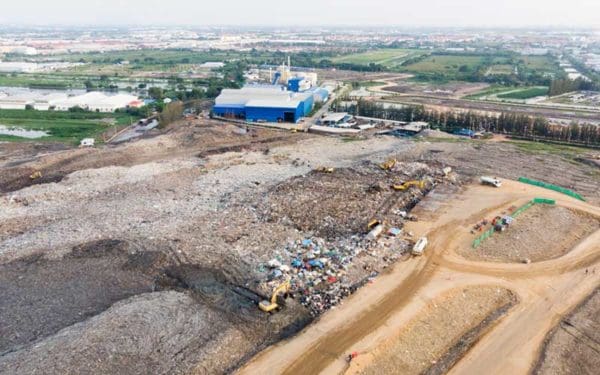
Time and again, corporate waste giants are granted permission to expand their dangerous landfills. CLF is working to stop these Northern New England landfills from getting bigger and harming our communities.
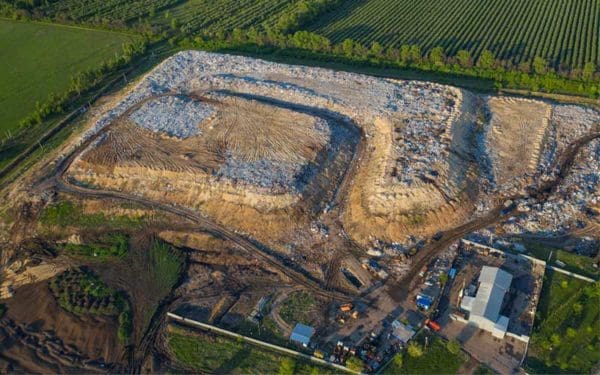
“Updating Vermont’s bottle bill is a win-win for our communities and our environment,” said Jen Duggan, Vice President & Director of CLF Vermont. “These changes to the bottle bill will result in less climate pollution and waste in our landfills, more green jobs, and millions of dollars for the state’s clean water fund. Passing this legislation into law is just plain common sense.”
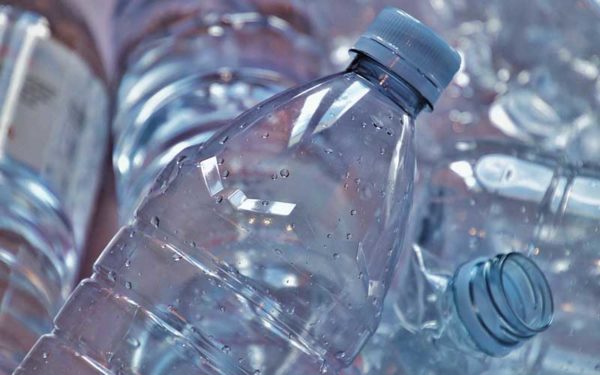
On December 2, 2020, a ship carrying plastic waste from abroad was being unloaded when 5,000 pounds were lost to Maine’s Penobscot Bay. The spill sparked outrage and left many people asking the same question: Why is the U.S., which generates the most plastic waste globally, importing even more plastic waste?
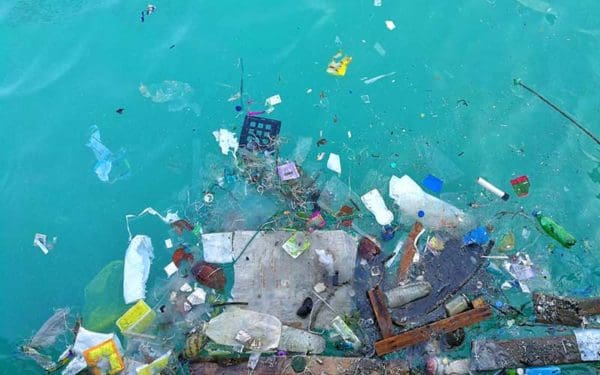
With organic waste recycling on the rise, many cities and towns are looking to invest in infrastructure that will repurpose our food waste and yard clippings. But which method should they invest in – industrial composting or anaerobic digestion?
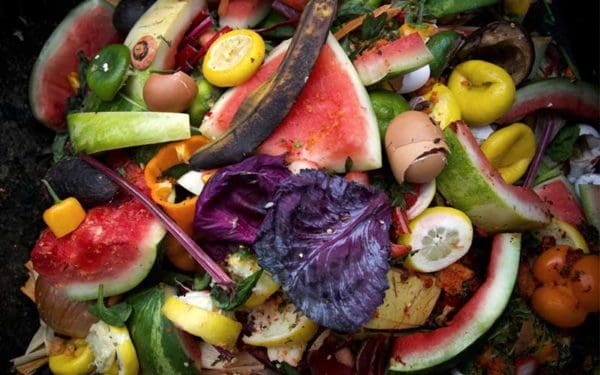
The uptick in composting is a huge step forward in combatting our trash crisis. But we can’t do the hard work on our own. We need cities, towns, and states to invest in infrastructure that will make composting easy and affordable for everyone.
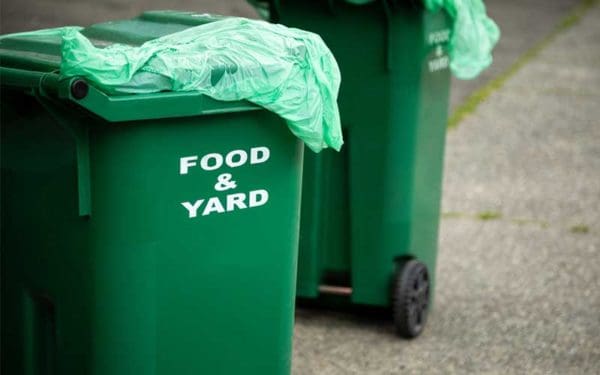
Cambridge partnered with a local composter in 2018 to start a curbside compost program. But as more residents signed-up, the volume of food scraps increased. Cambridge accommodated the growth by finding a new partner. It signed with Waste Management – a partnership that has put the City’s food scraps to waste.
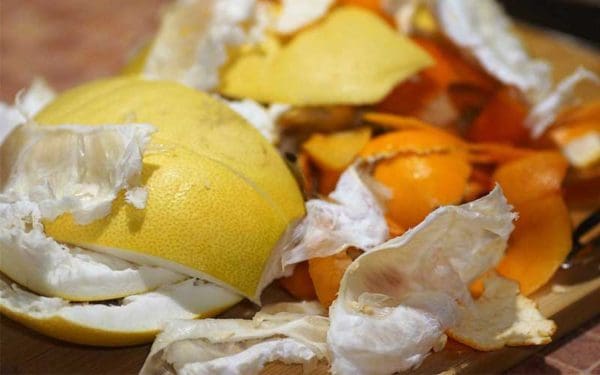
Is the systemic idea of Zero Waste actually possible? Yes! But to do so, we need to stop looking at Zero Waste as just a lifestyle and start looking at it as a strategic concept for managing our waste – and tackling the trash crisis.

“DES has been operating with a state solid waste plan that was published in 2003 and expired in 2009,” Irwin said. “Our lawsuit is designed to require DES to come into compliance with the law, start planning in ways that will allow New Hampshire to begin reducing the amount of waste it throws away, and move New Hampshire away from its current overreliance on landfills.”